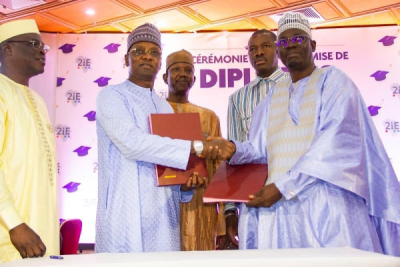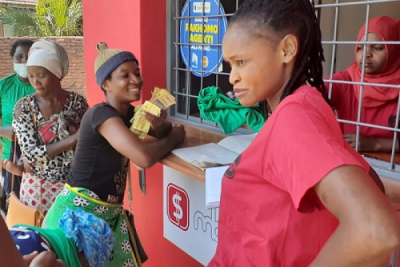• Senegal launches "Jubbanti-Koom" to restore fiscal stability by taxing digital sectors like online betting, mobile money, and digital content.
• Key reforms include taxing gross gaming revenue and player winnings, expected to generate CFA 400 billion annually.
• Plan also focuses on digitizing procurement, expanding digital ID, and formalizing the informal digital economy.
In a challenging macroeconomic context, Senegal’s Prime Minister Ousmane Sonko unveiled the country’s Economic and Social Recovery Plan, a cornerstone of its Vision 2050 agenda. Named Jubbanti-Koom, the plan aims to restore fiscal sustainability while funding more inclusive development. To achieve this, the government is betting on digital technology as a strategic lever for both growth and increased public revenue.
The plan is built around several fiscal measures targeting high-growth digital segments, including online gaming, mobile money, digital advertising, video on demand, and income from influencers. The government intends to tap into these often under-regulated niches to create new fiscal space.
Regulating and Taxing Online Betting
One of the plan’s key measures is a tax on the gross gaming revenue of online sports betting and games of chance, which are primarily operated by foreign companies. The government also plans to tax player winnings. This reform is expected to generate approximately 400 billion CFA francs in annual tax revenue. It also aims to protect Senegalese consumers, especially young people, from the risks of a poorly regulated environment.
The reform includes a stronger push to digitize public procurement. This is expected to streamline public spending and improve the traceability of financial flows. Online advertising, video on demand services, and income from digital content will now be incorporated into the tax base. Another strategic focus is optimizing taxation on mobile money, which has become a key money transfer channel for millions of Senegalese.
Structural Transformation of the Digital Tax Framework
Beyond immediate measures, the plan includes a technical component to prepare the economy for the rise of new digital services. This involves accelerating digital identification, which is crucial for the reforms’ success, and deploying reliable technology infrastructure, as outlined in the Technological New Deal.
In a country where digital activities account for a significant portion of the informal economy, these measures are expected to reduce tax evasion, provide better oversight of digital actors, and create a more formal and productive ecosystem. Ultimately, Senegal hopes to turn the digital sector into a genuine engine of growth and fiscal equity.
Samira Njoya



















